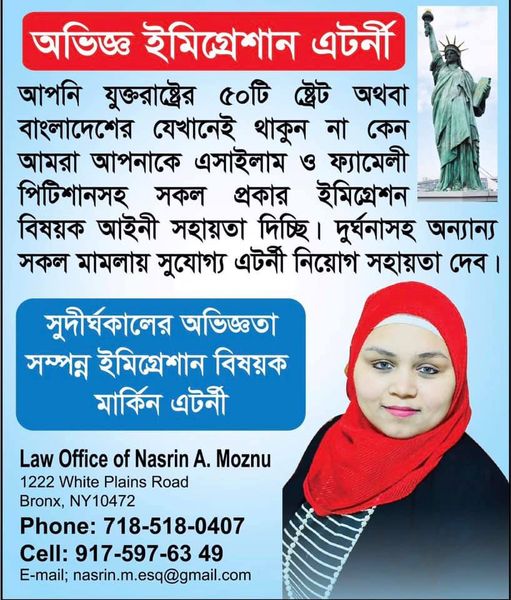Advocates Outraged by President Biden’s Refusal to Extend Humanitarian Parole for Immigrants in the U.S.

USANewsOnline.Com Desk, New York—October 4, it was announced that President Biden will not be extending the legal status of immigrants who arrived in the United States under the Processes for Cubans, Haitians, Nicaraguans, and Venezuelans (CHNV) humanitarian parole program. The CHNV program allows sponsored individuals to live and work in the U.S. legally for two years through humanitarian parole.

Impacted individuals will receive notices from the Department of Homeland Security (DHS) that their parole status will not be extended and be instructed to apply for another immigration benefit, such as Temporary Protected Status (TPS) if they arrived before July 2023, asylum, or to leave the country.
Murad Awawdeh, President and CEO, New York Immigration Coalition:
“The CHNV humanitarian parole program has provided hundreds of thousands of Cubans, Haitians, Nicaraguans, and Venezuelans with an opportunity to seek safety and stability within the United States. The Biden administration’s refusal to extend the parole of immigrants who arrived in the United States under the CHNV program will put the lives of as many as 530,000 people at risk. By not extending their parole, President Biden is turning his back on individuals who have become a fabric of their communities–working, paying taxes, and contributing to the country’s economy. Without parole extensions, these individuals will face the reality of losing their legal ability to work, unable to support themselves or their families. Adding further harm, removing this opportunity for re-parole forces people back into a cycle of fear and uncertainty, contradicting the welcoming values America strives to uphold. We call on the Biden administration to abandon this cruel and harmful decision and instead fully commit to building a humane, fair, and efficient immigration system.”
Background
In 2022, the Biden administration launched the Process for Venezuela program as a safe and legal pathway to enter the United States through a humanitarian sponsorship program. The program has helped integrate newly arrived immigrants into communities across the country, fill labor shortages, and reunite with family. Eligible family members, individuals, and entities could sponsor a Venezuelan to the United States, where they would be offered parole status to remain for up to two years with eligibility for work authorization. In 2023, the program was expanded to include nationals from Cuba, Haiti, and Nicaragua. Through the end of August 2024, nearly 530,000 sponsored Cubans, Haitians, Nicaguarans, and Venezuelans have arrived in the United States. Press Release.


























